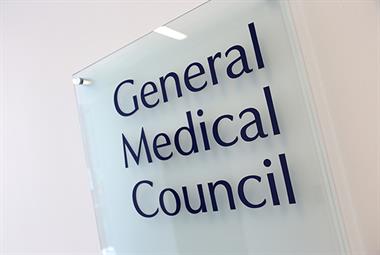Asynchronous prescribing is where a health assessment is done remotely, gathering pertinent medical information using an online assessment form, which is then reviewed by a prescribing clinician before a prescription is issued.
Online pharmacies and doctors are becoming increasingly popular with patients, removing the frustration of trying to get an appointment or repeat prescription from their usual GP, and having mobile, quick and easy access to healthcare on their smartphones.
Dr Fox is a CQC-registered online doctor and pharmacy provider and I have been the medical officer here for 3 years. As an NHS GP, I did question the safety and benefits of these services and whether this was a suitable alternative healthcare service. It does rely on honest and accurate responses from patients, and this is something we reiterate throughout the process.
I appreciate this can be open to abuse. As an experienced GP, although I would like to think I can decipher who is not being completely honest with me, we rely on trusting our patients' account of their symptoms to be true.
There are many benefits of face-to-face consultations, and I missed these during the pandemic, however not all patients or conditions need this. There are certainly long-term conditions, mental health issues, and opioids or controlled medications, which should be kept in the realm of a family GP.
How safe asynchronous prescribing works
However, remote consultations and prescribing have a role to play. The CQC, GPhC and GMC have published guidance for remote consultations and prescribing and these principles are followed by registered providers, including Dr Fox, to ensure the safety of patients and to provide a high-quality service.
Medical questionnaires are designed using the latest recommendations and guidance to ensure that the correct information is gathered and recorded – and important safety advice is given to patients during this process.
Medical information is provided so an informed choice can be made, and ‘safety net’ and signpost patients appropriately if further assessments are needed. The information is stored and forms part of the patient’s medical record with identity verification procedures and duplicate account detection measures in place. Patients are asked for consent to share information with their GP, with the exception of sexual health services.
This could be considered safer than a regular GP appointment when information can be missed due to human error, lack of time, or multiple issues needing to be addressed in a standard 10- or 15-minute consultation. It gives patients the extra time to take on board the treatments available, possible side effects, and what the alternative treatment options are.
This is backed up by IT measures to ensure that the amount and frequency of medications are flagged if over-ordering, and if there are any conflicting medications. Patients are followed up to ensure that there are no issues with the medication and informed prescribers are on hand to answer questions or concerns if any arise.
Online doctors and pharmacies that provide medication in this way are also subject to the same regulations as primary care facilities and have robust clinical governance frameworks in place. There are industry best practice guidelines created by the UK Digital Clinical Excellence Forum ‘DiCE’, which will help regulate and improve safety in prescribing for independent online providers.
More needs to be done to ensure all providers are registered and following best practice with a call for one service such as the CQC to oversee all providers. The GMC has also produced a leaflet for patients to check their online provider is safe.
I want the best for my patients, and as an appraiser speaking with many other GPs, I know that this is standard in the profession. We are being stretched and there are even moves to take away same day care in areas to try and reduce the pressure that NHS GPs are facing.
Asynchronous prescribing allows for some routine conditions such as erectile dysfunction, herpes, male pattern hair loss, acne, rosacea and travel medicines to be treated safely and effectively if appropriate guidance is followed.
- Dr Claire Pugh (MB ChB, MRCS, MRCGP, DFFP, DTM&H, PGMS, PGCE) is the medical officer of Dr Fox pharmacy, GP, and GP appraiser.
| Dr Fox pharmacy |
|---|
Dr Fox is a CQC-registered online doctor and pharmacy service provider since 2010. It was a founding member of the Digital Healthcare Council and Digital Clinical Excellence (DiCE) forum, and has contributed to the development of CQC guidance for online healthcare providers. |

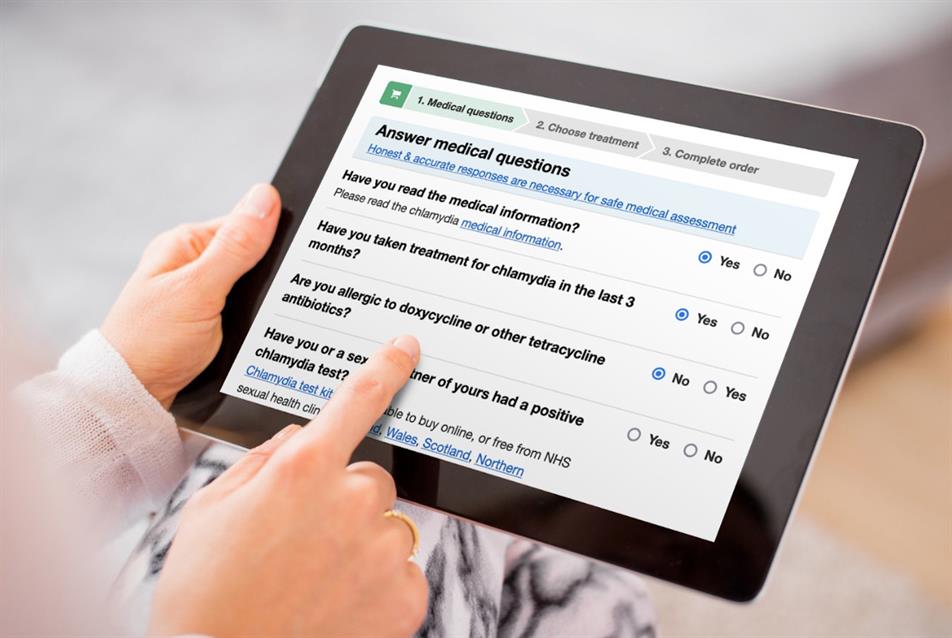







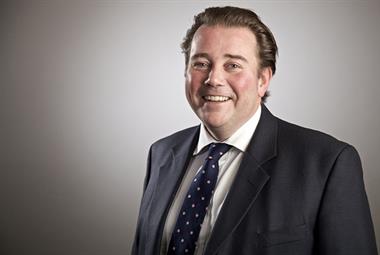
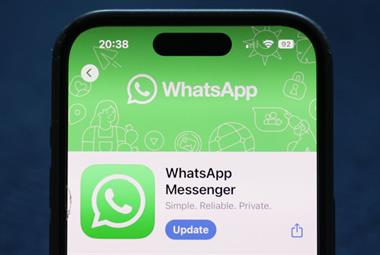
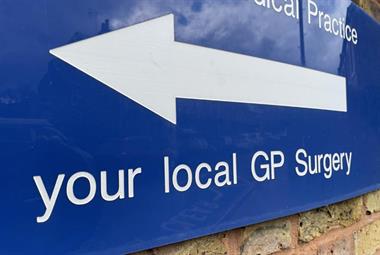
.jpg)
